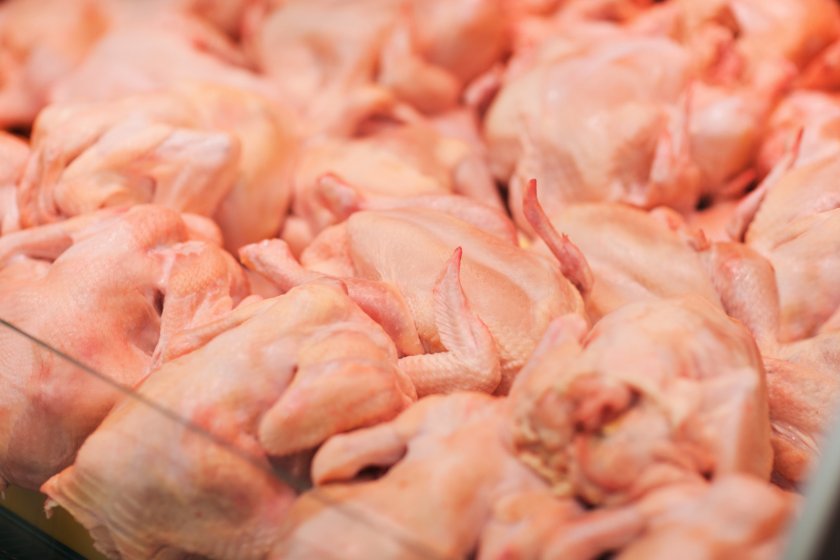
Four men have been convicted of food crimes after 1.9 tonnes of animal by-product went through an illegal cutting facility in London.
The three men pleaded guilty and a fourth man, along with his business, pleaded not guilty in proceedings at Inner London Crown Court
It followed a joint investigation by Southwark Council and the Food Standards Agency’s National Food Crime Unit (NFCU).
Mark Hooper, Azar Irshad, and Ali Afzal admitted their roles in a serious food crime case at the Crown Court.
The fourth defendant, Anthony Fear—sole director of the company Fears Animal Byproducts—entered not guilty pleas on behalf of himself and his business, choosing to face trial.
The court was told the case stemmed from a complex investigation that began when Southwark Council officers discovered 1.9 tonnes of animal by-products at an illegal meat cutting facility in London.
The materials, which included whole and cut chickens, lamb testicles, and beef burgers, were being processed for unlawful entry into the human food chain.
Investigations traced the products back to legitimate food businesses, who had originally sent the materials to Fears Animal Byproducts in Somerset for conversion into pet food or for safe disposal.
Legally, once meat is designated as an animal by-product, it is prohibited from being reintroduced into the human food supply.
Further investigation, including extensive communications data analysis, uncovered evidence of a criminal conspiracy linking the four individuals.
The trial lasted more than 11 weeks. On 27 March 2025, the jury returned unanimous guilty verdicts against Fear and his company for conspiracy to defraud by placing unfit meat on the market.
Andrew Quinn, head of NFCU said: “These five convictions have been secured following an extensive investigation led by the NFCU which required meticulous examination of large volumes of evidence.
"The NFCU worked closely with Southwark Council and other partners to enable this successful prosecution.
"It is anticipated that in due course the sentencing will reflect the serious nature of this offending and will act as a deterrent to other bad actors in the food chain.”
